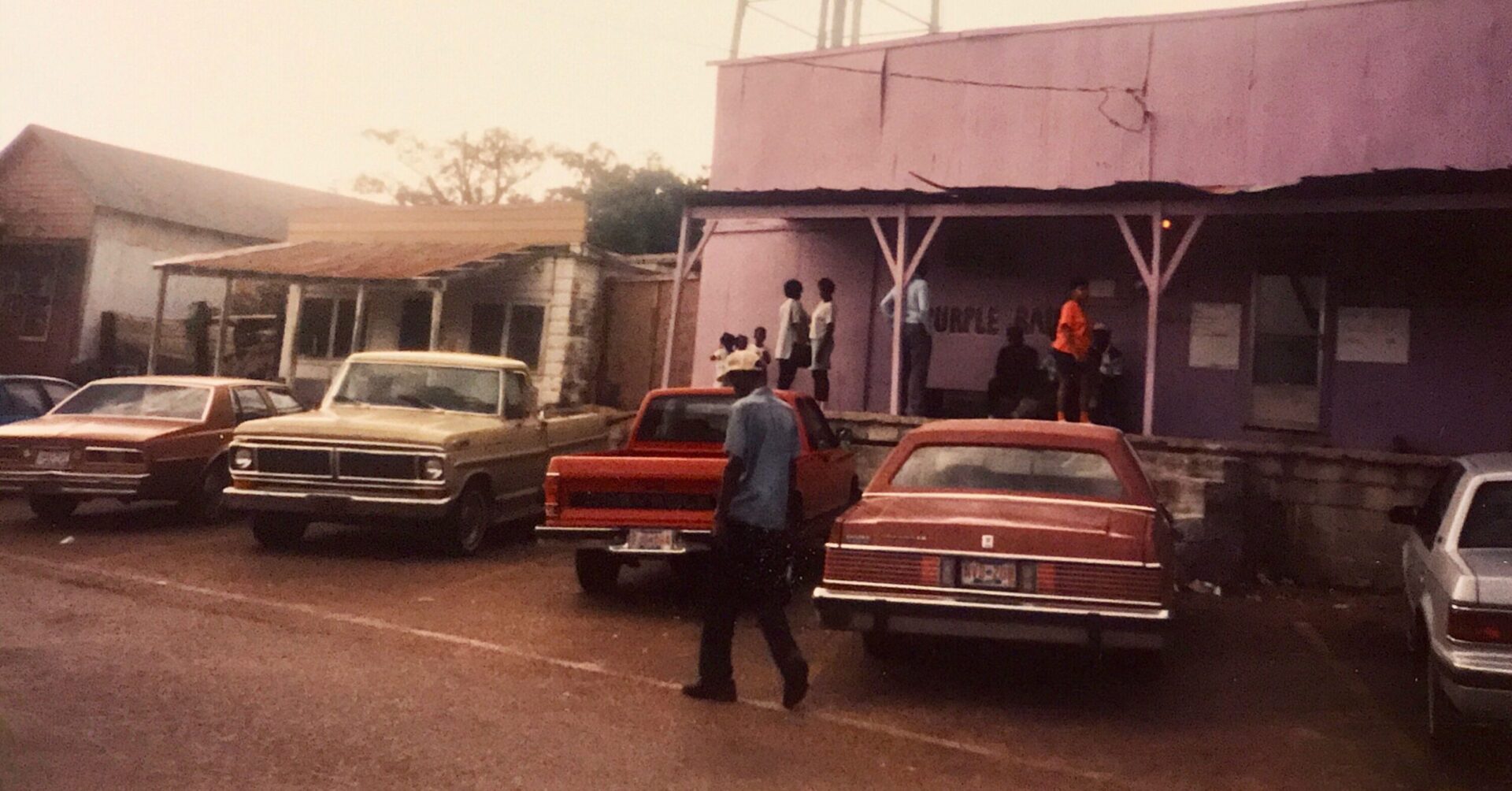Little Joe Ayres decided to become a musician after noticing the enthusiasm that Marshall County, Mississippi residents had for bluesmen like Louis Boga and Junior Kimbrough. After teaching himself to play the guitar, Ayres began to learn from Kimbrough, and ended up becoming a member of Kimbrough’s band, the Soul Blues Boys. After many years of performing as a sideman and a solo artist, Little Joe Ayres has released his debut album Backatchya, a welcome collection of Kimbrough standards, hill country standards, and other familiar blues tunes that are adapted to the unique hill country style. Like all Devil Down Records releases, the album captures both a moment in time and a unique sense of place. Ayres’ guitar and vocals, as well as his spoken comments, were captured not in a recording studio, but on the front porch of fellow hill country bluesman Kenny Brown’s home. The resulting album has an intimacy that makes the listener feel as if he has spent a day with Little Joe Ayres rather than just listening to a record. Backatchya is a welcome documentation of one of Mississippi’s living blues legends, and is hopefully the first of many albums to come.
Little Joe Ayers-Baby Please Don’t Go-Live at Cat Head @DevilDownRCRDS #jukejointfest
Hill Country bluesman Little Joe Ayers performs with drummer Calvin Jackson at the First National Bank/Cat Head stage in Clarksdale at the Juke Joint Festival …



